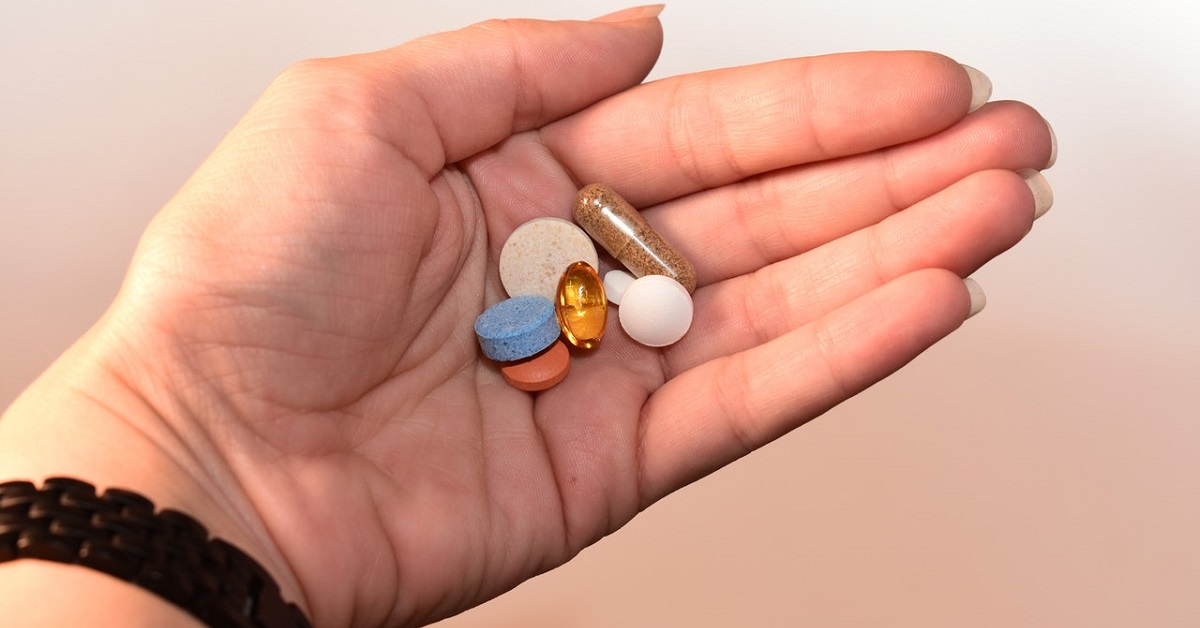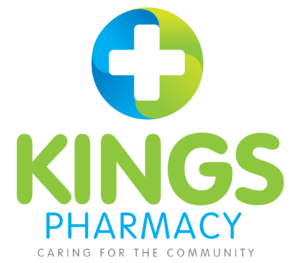King's Pharmacy
How Do You Prevent & Treat Malaria During Your Travels?

Malaria is a disease spread by mosquitoes that are typically prevalent in tropical or subtropical parts of the world. These mosquitoes carry parasites that cause the disease. Malaria causes unpleasant symptoms, such as sweating, chills, vomiting, headaches, and diarrhoea. Without treatment, the disease can be fatal. Continue reading to find out the importance of malaria tablets in Birmingham.
You can protect yourself from malaria by taking antimalarial tablets. Ensure you check whether your destination is malaria-infested before leaving the country. You may want to take antimalarials prior to, during, and after your trip to maximise your protection.
What are malaria tablets in Birmingham?
The purpose of these tablets is to protect the body from malaria by preventing it from contracting the disease-causing parasite. Mosquitoes are the main carriers of the parasite, which enters your body when you are bitten by ones that are infected.
Malaria tablets, however, must be taken properly along with some other precautions, such as avoiding mosquito bites to ensure optimum protection. The effectiveness of these drugs is greatly diminished if they are not taken as prescribed.
Antimalarials are normally only available by prescription. However, you can still order them through King’s Pharmacy without having to visit your doctor.

How to prevent malaria
Antimalarial tablets offer both treatment and protection against malaria. It is a good idea to take these tablets before you travel to areas where malaria is widespread.
It is advisable to do this four to six weeks prior to your travel date, but you can still get antimalarials and advice at the last minute if necessary. If you are at risk of malaria, you may be prescribed antimalarials, as well as instructions on how to avoid mosquito bites.
How to take malaria tablets in Birmingham:
If you are travelling to a malaria-risk area, you should begin taking antimalarial tablets before arriving.
Depending on the tablet, you need to start taking it a few days prior to your travel. But others may require a week or more to work. You will have enough antimalarials in your system to begin preventing infection as soon as you arrive at your destination.
Remember to take the tablets regularly as directed by your pharmacist – missing tablets can result in malaria infection.
You should ensure that you complete the full dose even after you’ve left the malaria-infested region. If the parasites are already present in your body, stopping your malaria treatment early even after you’ve left your destination can result in malaria infection.

Which antimalaria tablets are the best?
The commonly used antimalarial drugs include:
– Chloroquine phosphate. Chloroquine is the best choice when eradicating any parasite that is sensitive to the drug.
– Artemisinin-based combination therapies (ACTs). ACT is a group of two or more medicines that work to fight the malaria parasite in many ways.
– Primaquine phosphate.
– Atovaquone-proguanil (Malarone).
– Quinine sulfate (Qualaquin) with doxycycline (Oracea, Vibramycin, others).
In the UK, malaria tablets are prescription-only, except for:
– Chloroquine and/or proguanil – Which you can buy from your local pharmacy.
– Atovaquone/proguanil– You can buy this from your local pharmacy as well (with some restrictions).
If you are not sure which antimalarial will be most effective for you, speak with a pharmacist or your travel health professional.
How to treat malaria
It is possible to recover completely from malaria if you have been diagnosed and treated with appropriate medication as soon as possible. Once you are diagnosed with the disease, you should begin treatment with antibiotics right away.
Book your appointment with us today before you travel.
This blog post was written on behalf of King’s Pharmacy by Pharmacy Mentor.
